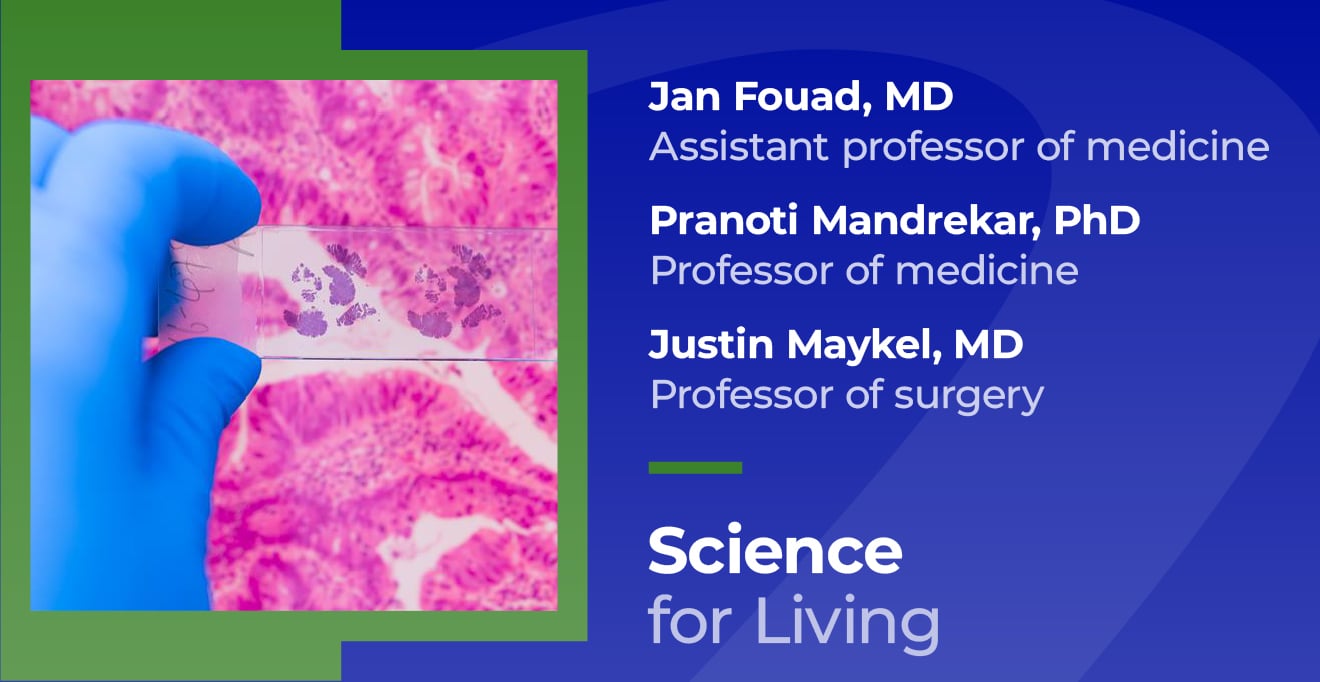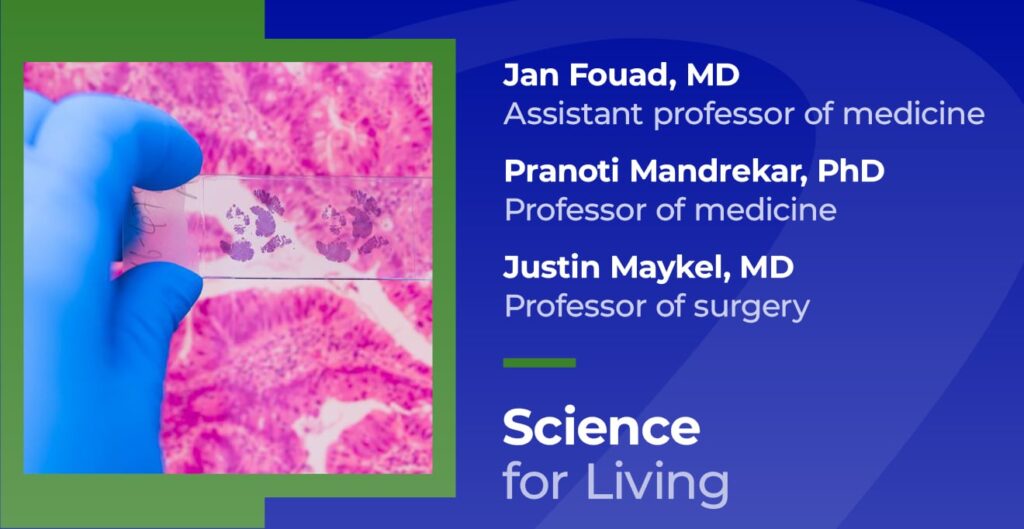
Photo: Shutterstock
As global cancer rates continue to rise, researchers and physician-scientists at UMass Chan Medical School are helping to explain why and what can be done to reverse the trend.
A new analysis published in The Lancet by the Institute for Health Metrics and Evaluation and Global Burden of Disease Cancer Collaborators found that worldwide cancer cases doubled from about 9 million in 1990 to 18.5 million in 2023. Cancer deaths also climbed to 10.4 million last year. Projections indicate diagnoses could reach 30.5 million a year by 2050. The study found the sharpest increases in non-melanoma skin, breast, prostate and colorectal cancers, driven by aging populations, better detection and lifestyle-related risk factors.
UMass Chan experts note that although population growth and aging remain key contributors, lifestyle and environmental exposures are becoming increasingly influential.
Beyond traditional risks
Jan Fouad, MD, assistant professor of medicine, said lung cancer remains the leading cause of cancer death—but the underlying risks are shifting.
“Notable emerging risk factors include pollution found in ambient air—especially PM 2.5 fine particles that can penetrate deep into the lungs and enter the bloodstream—secondhand smoke and prior chest radiotherapy,” Dr. Fouad said. “There have also been some links made to things like high fasting plasma sugar levels.”
On whether alcohol plays a role, he noted: “There is limited and inconsistent evidence linking alcohol consumption to lung-cancer risk, and many associations are confounded by smoking.”
He emphasized one clear opportunity for action: “One of the most important things we can emphasize is lung cancer screening for early detection. Of those eligible to undergo screening with low-dose CT, estimates are that only 13 to 22 percent of people actually get them. Yet we know that early detection allows for diagnosis, care and curative-intent treatment.”
Alcohol’s complex role in cancer biology
Pranoti Mandrekar, PhD, professor of medicine, studies how alcohol influences cancer development and progression. She said mounting national data confirms that alcohol is a significant and often underestimated cancer risk factor.
“According to the U.S. Surgeon General’s Advisory on Alcohol and Cancer Risk, alcohol is the third-leading preventable cause of cancer, responsible for about 100,000 cases of cancer and 20,000 cancer deaths annually,” Dr. Mandrekar said. “That’s greater than the 13,500 deaths due to alcohol-related vehicle crashes each year in the U.S.”
Studies show alcohol ranks among the top preventable cancer causes, she noted, citing that in 2019 alcohol was the fourth-largest contributor to cancer cases in men (42,000 cases) and the third-largest in women (54,330 cases).
Even small amounts of drinking raise risk. “The 2020–2025 Dietary Guidelines for Americans suggest that even low amounts of alcohol—less than a single drink a day—increase cancer risk,” Mandrekar said. “Yet fewer than 50 percent of Americans are aware that alcohol is a cancer risk. Most people still associate it only with liver disease.”
Her research explores the mechanisms behind this connection. “Alcohol can cause cancer in several ways—through metabolism, oxidative stress and inflammation, hormonal changes and interactions with other carcinogens such as tobacco smoke,” she explained. “Our lab has shown that alcohol induces oxidative stress and facilitates inflammation, increasing the risk of cancer.”
Mandrekar emphasized that prevention requires both awareness and policy change. “Increasing education about alcohol and cancer risk, along with stronger public-health policies, is key,” she said. “The U.S. Surgeon General’s recommendation for health warning labels linking alcohol consumption to cancer risk is an excellent example of how we can inform the public.”
Colorectal cancer on the rise among younger adults
For Justin Maykel, MD, the Joseph M. Streeter and Mary Streeter DeFeudis Chair in Surgery and professor of surgery, the sharp increase in colorectal cancer among adults under 50 is particularly concerning.
“While there is little firm data, the rising rates of colorectal cancer in younger adults are likely due to a combination of lifestyle changes, genetic factors, gut dysbiosis and environmental exposures,” Dr. Maykel said. “Certain risk factors are preventable—such as diet and smoking—while others, like genetics, may require early surveillance and intervention.”
He said alcohol is increasingly recognized as part of that risk. “There is a growing body of evidence that suggests a causal relationship between alcohol intake and the development of colorectal cancer,” he noted. “When alcohol is metabolized, it forms acetaldehyde, a toxic compound and known carcinogen. Alcohol can also increase inflammation in the gastrointestinal tract and alter the gut microbiome, which may further promote inflammation and raise cancer risk.”
Maykel’s prevention advice is simple and actionable: Maintain a healthy diet, limit red and processed meats and alcohol, exercise, quit smoking, know your family history and get screened. “Colorectal cancer has the best opportunity for prevention and early detection through existing tests,” he said, “but less than half of patients follow screening recommendations.
A call for coordinated prevention
According to The Lancet analysis, more than 40 percent of global cancer deaths in 2023—about 4.3 million—were linked to 44 modifiable risk factors such as tobacco use, unhealthy diet and high blood sugar. Without stronger prevention and screening initiatives, global cancer cases could surge 65 percent by 2050.
UMass Chan experts agree that confronting the rising cancer burden will require a coordinated effort—combining education, policy and equitable access to prevention tools.

